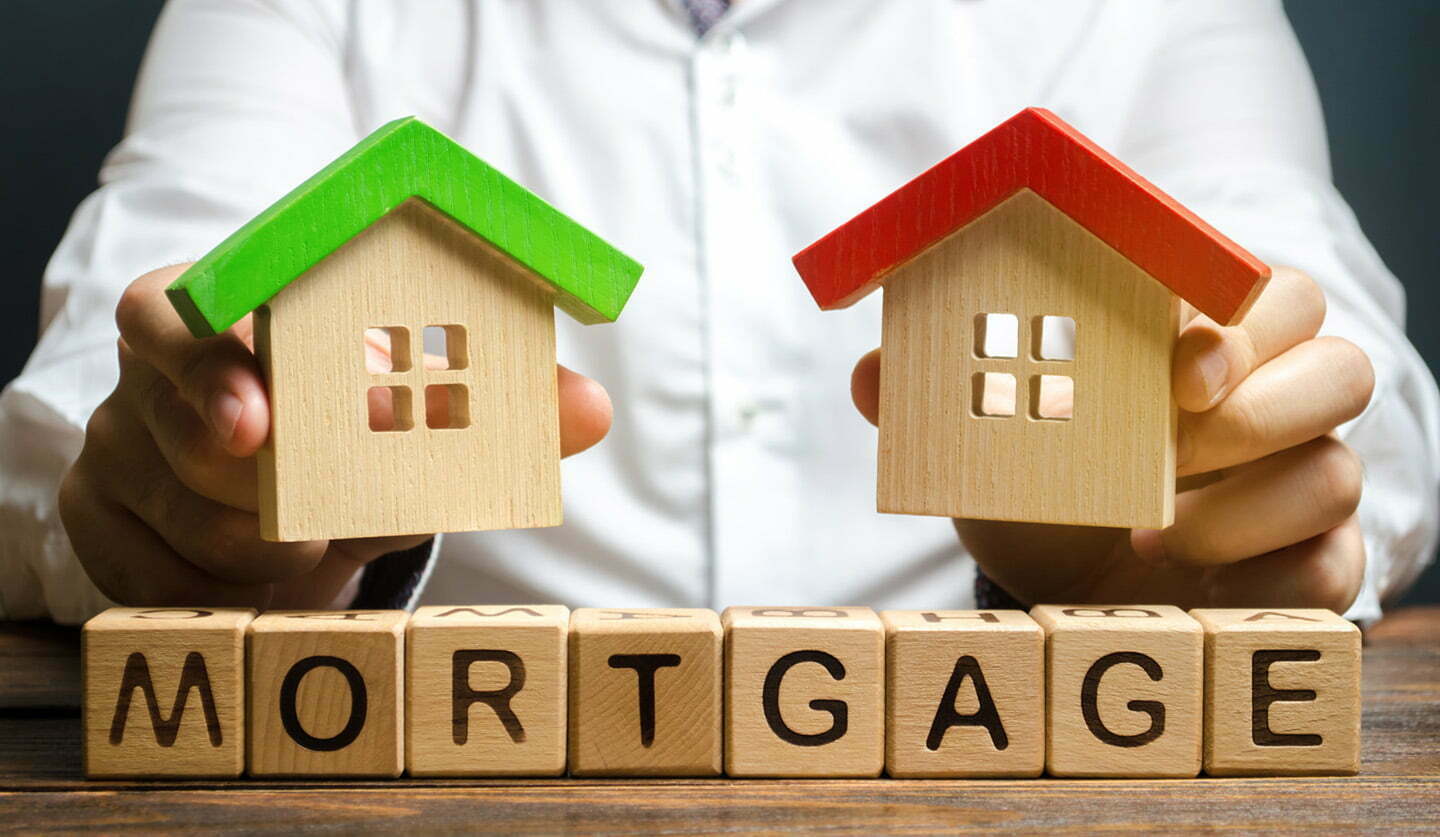
In the United States, approximately 64.8% of homeowners finance their homes with the help of a mortgage. Odds are, if you’re going to buy a home, you’ll need a mortgage too.
But you might be wondering: what types of mortgages are there? There are quite a few different types of loans available for financing a home and we’re going to discuss many of them below. Let’s go!
Conventional mortgages are mortgages that aren’t backed by government agencies. They’re provided by banks and other financial institutions and regulated solely by those institutions themselves.
These mortgages tend to be the ideal options, as they typically come with the lowest interest rates, especially for those with excellent credit and income. This keeps monthly payments as low as possible, and, of course, reduces overall costs substantially.
In addition to having low-interest rates, conventional mortgages also enable borrowers to cancel private mortgage insurance after they’ve hit 20% equity in their homes. This can go on to save borrowers a few hundred dollars a month for the duration of their loans.
Each specific conventional mortgage has different requirements for borrowers. Note, though, that you can find some that will allow down payments as low as 3%.
You can find conventional loans with both 15-year and 30-year repayment periods. You can also find them with both fixed rates and adjustable rates. Whereas fixed-rate mortgages maintain the same interest rate for their duration, adjustable-rate mortgages have different interest rates over time depending on a bevy of circumstances.
For more information on conventional home loans, speak with a mortgage broker.
Another type of mortgage you should know about is the USDA loan. This mortgage is backed by the United States Department of Agriculture and specifically covers homes in rural areas.
This is a great option for those who don’t want to live around a city center as well as those who don’t have a high income or downpayment. In fact, USDA loans require no down payment whatsoever.
There are some caveats to USDA loans, however. For one, they come with a number of different fees. One of these is a form of mortgage insurance and, unlike with conventional loans, it’s not separate from the mortgage itself.
What this means is that, with a USDA loan, you’ll have to pay mortgage insurance for the entirety of the loan’s existence. This might not sway your decision that much but it is a factor to keep in consideration.
FHA loans are home loans backed by the Federal Housing Administration. They’re most beneficial for those with small down payments or low credit scores, particularly for those buying in urban or non-rural areas.
For a credit score between 500 and 580, they require a down payment of at least 10%. For a credit score of 580 or higher, they require a down payment of only 3.5%.
These loans require borrowers to pay a monthly mortgage insurance premium. This is essentially the FHA equivalent of private mortgage insurance. Depending on the terms of the loan, these payments could last either 11 years or for the entirety of the loan.
To learn more about FHA loans, give us a call now!
If you were in the military, you qualify for a VA loan. This is backed by the Department of Veterans Affairs, and is generally regarded as one of the best mortgage options in existence.
VA loans don’t require down payments. They don’t require you to pay any form of mortgage insurance either. As such, they give military veterans an excellent chance at buying a residence, even with little money saved up.
They also tend to have low-interest rates, not to mention relatively small closing costs. The catch? There really isn’t one. Consider a VA loan to be a reward for serving in the military.
Aptly named, a jumbo mortgage is a mortgage used to buy a luxury home or mansion. It differs from a conventional loan in that it exceeds the monetary maximum limit instituted by the Federal Housing Financing Agency.
Because of this, jumbo mortgages are exceedingly difficult to obtain. Not only do you need to have substantial income in order to secure a jumbo mortgage but a great credit score and a big down payment as well. In most cases, jumbo mortgages require a 10% down payment or more, though specifics vary from loan to loan.
There are both fixed-rate and adjustable-rate jumbo mortgages available. For more information on jumbo mortgages, contact a mortgage broker.
Interested in building a house? If so, you’ll likely need a construction loan. These loans are specifically geared toward the building of a new structure.
Generally speaking, construction loans require both high down payments and high credit scores. In many cases, a 20% down payment is required. In some cases, however, a 25% down payment is required.
Note that these loans only cover the actual construction costs of the home. They don’t cover design costs at all.
In some cases, it’s wise to refinance an existing mortgage as a means of getting a lower monthly payment. This is where a refinance loan comes into the picture.
These loans pay off what’s remaining on the existing loan, and then take effect after the existing loan has been finalized. In almost all cases, your refinance loan will have a substantially lower interest rate than your initial loan. This is what allows for the lower monthly payment and the lowest costs overall.
To see whether you can benefit from refinancing, give us a call. We’ll go over your existing loan and see whether a refinancing loan can save you any money.
As you can see, there are all types of mortgages to choose from. As such, regardless of your financial situation, there’s likely a mortgage that will suit you.
Interested in buying a house currently? Need a mortgage broker to help you assess your mortgage options? Look no further than Southern Home Loans.
Contact us now to get the ball rolling!
